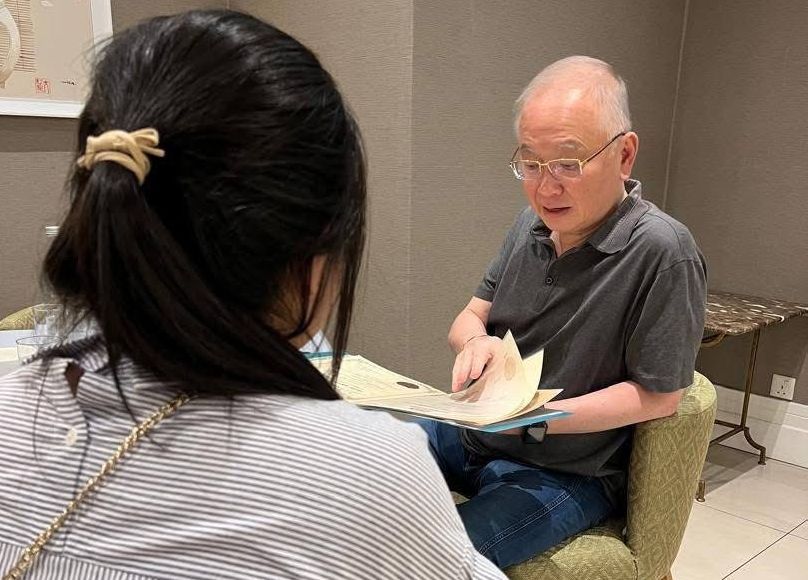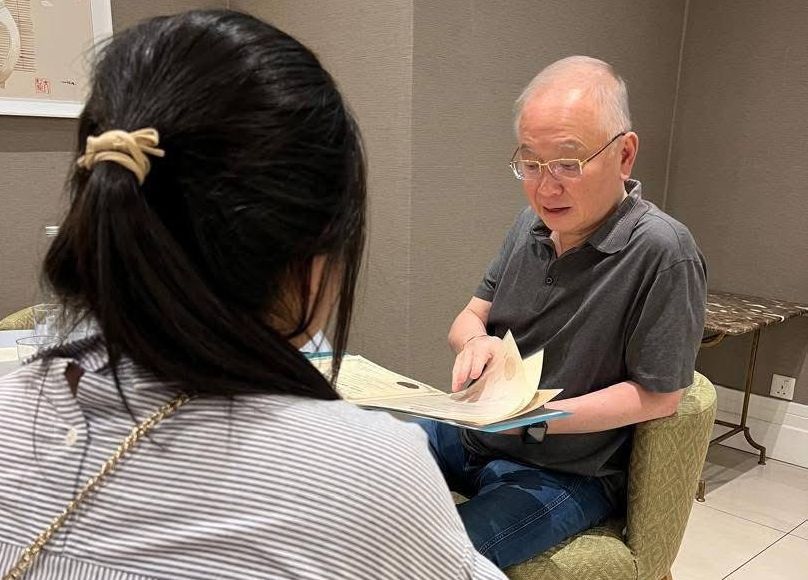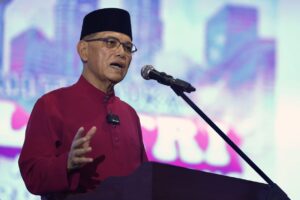
PETALING JAYA: Another case of a high scoring student unable to secure a spot in public university – this time in Melaka – has been highlighted by Datuk Dr Wee Ka Siong.
The MCA president recounted an incident on Saturday (Sept 13) night, where he met a 19-year-old female student known as Lee, alongside Klebang assemblyman Datuk Lim Ban Hong and state exco member Ngwe Hee Sem.
According to Dr Wee, Lee is a matriculation graduate who obtained a 4.0 CGPA, with a total merit score of 100 for co-curricular activities, but she still failed to obtain a place to study law in UM, Universiti Kebangsaan Malaysia (UKM) and Universiti Utara Malaysia (UUM) under the Unit Pusat Universiti (UPU) pathway.
Under the UPU pathway, fees are significantly lower than the university’s open channel Saluran Terbuka Universiti Awam (Satu) system.
Dr Wee had previously highlighted the case of an STPM student who failed to secure a place in Universiti Malaya’s accountancy course under the UPU pathway despite outstanding results.
“All three universities rejected her (Lee). Instead she was offered a place in Accounting at Universiti Putra Malaysia – her fourth choice, far from the dream she had worked so hard for,” said Dr Wee in a Facebook posting on Sunday (Sept 14).
Dr Wee, in quoting Lee, said the 19-year-old matriculation graduate said that for a Malaysian Chinese student, there were only three options to enter a public university to study law – UM, UKM and UUM.
Dr Wee said Lee had included other courses in her application because she was required to fill up all 12 choices provided by UPU, adding that she was not allowed to appeal against UPU’s decision.
Dr Wee, in quoting Lee, said “YB, I gave everything. I scored full marks. I handled the interviews well. I truly believed I had a chance. But now my dream is gone. I wanted to be a lawyer since I was a little girl… Why was I not chosen? Were all those who got in also perfect scorers? If not, how is this fair?
“My family is not wealthy and I have other younger siblings. Private university is simply impossible for us as I do not want to add more burden to my parents. Perhaps I must accept my fate, give up on Law, and settle for Accounting. But this will remain the greatest regret of my life.”
“In that moment, I had no words,” added Dr Wee.
Dr Wee said Lee’s story was not just about shattered dreams, but about fairness and the country’s promise to its youths.
“When even a perfect scorer is denied the chance to pursue her calling, what message are we sending to the next generation?
“Education must be a fair playing field in this country. If our system is broken, then it must be fixed. Lee’s story is not hers alone, it belongs to every hardworking student in Malaysia who dares to dream,” said Dr Wee.
Dr Wee also sarcastically said he expected the Higher Education Ministry and public university officials to respond to this issue by claiming that Lee’s interview performance was poor.
Dr Wee also asked if UM, UKM and UUM would allow Lee to study law through the direct intake channel in the coming days.
“The catch is, while it’s still admission into the same programme, the tuition fees through direct intake amount to RM90,000 — ten times higher than through UPU!”
Dr Wee said Lee was also not allowed to make an appeal to UPU as the Higher Education Ministry has offered her a fourth choice to study Accounting.
“Looks like she can only wait for a miracle to happen.
It seems that today, Sept 14, will be the turning point in Lee’s future. I wish her nothing but success ahead!” said Dr Wee.
On Monday (Sept 8), STPM student Edward Wong Yi Xian, who achieved a perfect CGPA of 4.0 and a near-perfect 99.9% overall merit score, claimed his application to do an accounting course was rejected by UM.
He raised his grievances to Dr Wee after all six of his applications to public universities via UPU – including UM, UKM, UPM, and USM – were rejected without an interview.
He was instead offered a place in a management course at USM, his fifth choice.
MCA leaders have urged a review of admission procedures for transparency and fairness as public universities must not divert from their mission of nurturing the future generation through equitable access to education.






